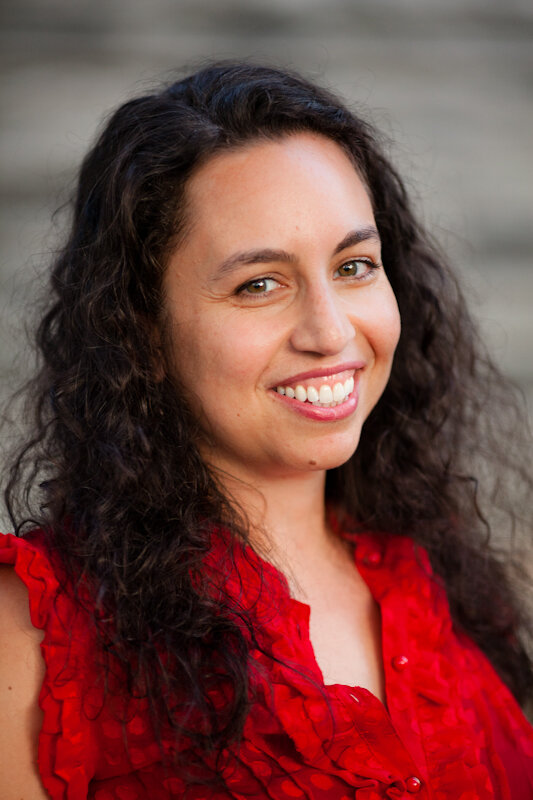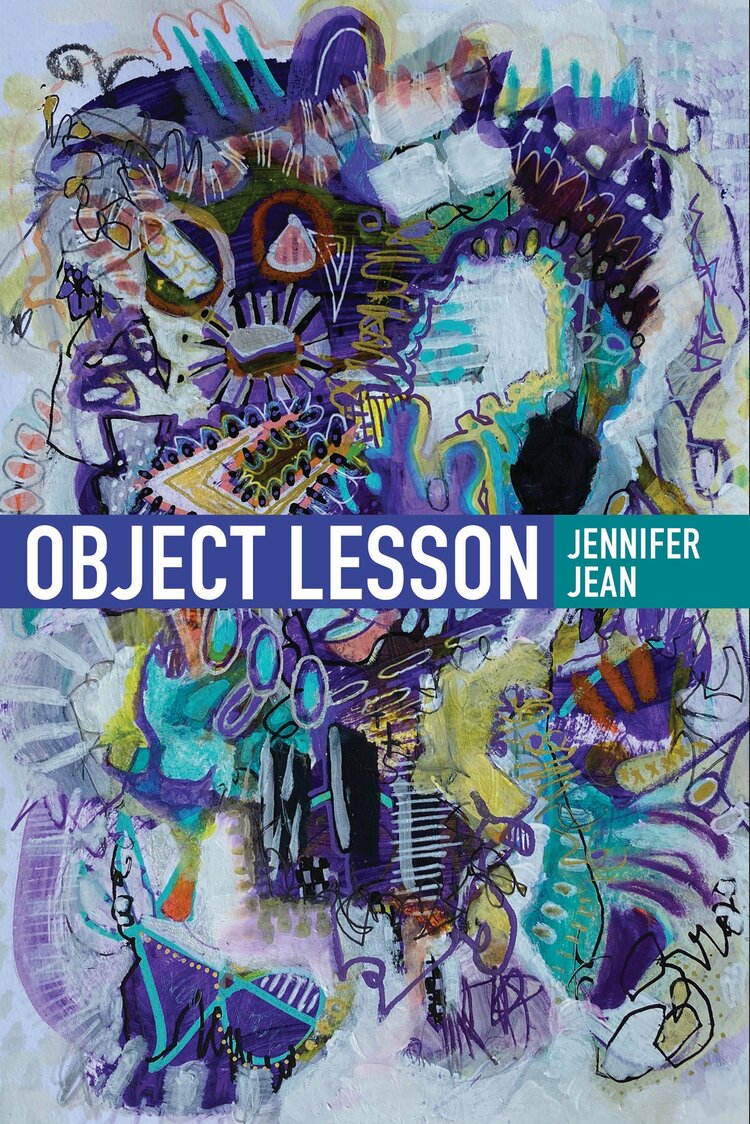When did you first encounter poetry? How did you discover that you wanted to write poems?
I slunk into my first open mic when I was 18. Some guy read and everyone responded with “Mmm”s and claps and snaps. People started talking with each other about his poem! I mustered courage to read a handwritten lyric and no one responded. I jumped off the stage and whispered to my friend, “What’s the difference between my poem and his?” I’d been writing since I was seven, but I didn’t understand the wide berth of poetry. I’d written to explore and heal from traumas related to foster-care and other situations because poetry helped me communicate with myself, share with others, and address situations and problems that I had trouble addressing in straightforward ways. But in that moment, I wanted to know how a poem worked. One problem was: I didn’t read poetry. Through eventual voracious reading I came to understand that some of the supposed qualitative differences in poems are a result of subjective preference. But I also understood that the more I learned about the craft and tradition of poetry, the more I was able to have fun with the writing process. Not only was poetry a container for all my notions and emotions—it was a cultivated environment that was often nurtured and shaped by informed inspiration. Through this dogged learning, I was able to not only write better and better poems, I was able to positively affect others’ lives with my art. Poetry became a gift to give! There is real satisfaction in creating a poem that is its best possible self—yes, but: there is even more satisfaction (there is joy!) when another human is moved by something written through me!
Do you have a writing routine? A favorite time or place to write?
I practice time blocking so I block out several hours a week for writing. These hours are at different times each season depending on my work schedule (which shifts because my children’s schedules shift). I can’t create with my kids around because it takes a lot of energy to get them to respect the boundaries around my creativity time (when I finally “wind-up” to writing, half my allotted time is up!). So, I write when they’re not around. Though, I don’t mind the ambient noise of a café, I usually write in the screened off section of my kitchen (my “nook”) or in my armchair in my bedroom while I listen to vocal jazz (usually Billie Holiday, Madeline Peyroux, Melody Gardot, Ella Fitzgerald, Nina Simone, etc.). If I don’t have a burning idea, I consult a running list of possible topics, then I free-write in a stone-paper notebook. I might, then, go over the free-write to add backslashes for possible line breaks, and to strike-out boring or cliche portions. Then I take the piece to a Word document and continue creating from there.
Where do your poems most often “come from”—an image, a sound, a phrase, an idea?
For a long time now, I’ve worked on “project collections”. That is to say: I’ve worked on several series of poems with heavy themes. When writing these collections, I’d create a list of topics or images or phrases I wanted to make sure I explored (so that the theme was thoroughly sussed to my satisfaction). Then, when it came time to actually write, I’d pick a bullet point from my list and start free-writing. Rarely did those “project poems” start with pure inspiration. However—the revision process was often inspired: especially as these collections grew because I started to get a sense about the connections I wanted to make between the poems, as well as a sense about the shape and tone and trajectory of the book as a whole.
I don’t have a project collection in the works right now, so I guess the next thing I’ll be working on is putting together all my, best, non-project poems to see what kind of wild garden I’ve let grow. I’m still me—obsessed by the same obsessions—so, something coherent is bound to emerge within a boundary of some kind. In any case, it’ll be another fun adventure in creativity!
Which writers (living or dead) have influenced you the most?
“Influence” is slightly easier than “admire” (that latter list is Earth-circumference-sized). Still, here’s a partial list of those who’ve influenced my poems and my writing life (in slapdash order): Lucille Clifton, Brenda Hillman, Rita Dove, Yehuda Amichai, Emily Dickinson, Sylvia Plath, Yusef Komunyakaa, Jane Kenyon, Cornelius Eady, Li-Young Lee, Robert Hass, Wislawa Szymborska, W.S. Merwin, Hanaa Ahmed, and more and more and more.
What excites you most about your new collection?
OBJECT LESSON explores sex-trafficking and objectification in America. It’s comprised of (mostly) lyric narratives and persona poems which are based on poetry workshops I conducted with survivors through the Free2Write Poetry Workshops program. Other pieces are based on in-person, or researched, interviews with survivors. Writing this collection challenged me in so many ways! I know it will challenge readers, as well as audiences at events where I read the poems live—which is why I’m so very grateful to these readers and audiences. By engaging with the poems in the collection, they’re consciously and bravely taking a step into an unfamiliar, terrifying, and uncomfortable world. When readers do this, they’re letting themselves be changed by the experience—though, likely, in imperceptible ways. What is exciting to me is that these changes have a ripple effect into society. If, because of my collection, only a small number of people are now newly paying attention to the direct testimonies of—and policies affecting—survivors of sex-trafficking: that’s amazing! It only takes a small number of folks to spark necessary change in the world. And, I’m very happy to be a part of a change that helps end what has accurately been called modern-day slavery.
Bird
For survivors of abuse & trafficking residing at the Breaking Free safe house in Minneapolis, Minnesota.
Rock Wren, Godwit, Bobolink?
What are we looking at?
What’s beaked & broken
free from
a classic, iron
bell cage? With a blown-out hole
opposite a latched door? No
thickened keratin could peck that well. No
claw-turned-fist
busted up that joint.
Inside, she was key,
she was cheep, she was a flipped
bad finger. Now—this bird wings
as every bird
stepping out of “the life.”
With no credit,
no reference, & a little self
love. What are we looking at?
A second wind. The flight
inside the creature
that is the holy, eternal
verb. Is:
who bent the metal. Is: the mother
of a lighter
bone. The kind
that terror
cannot allow.
Originally published in Rattle Magazine.

Jennifer Jean’s poetry collections include OBJECT LESSON (Lily Books) and THE FOOL (Big Table). She’s also released the teaching resource book OBJECT LESSON: A GUIDE TO WRITING POETRY (Lily Books). Her poetry, prose, and co-translations have appeared in: Poetry Magazine, Waxwing Journal, Rattle Magazine, Crab Creek Review, DMQ Review, Green Mountains Review, On the Seawall, Salamander, The Common , and more. She’s been awarded a Peter Taylor Fellowship from the Kenyon Review Writers Workshop, a Disquiet FLAD Fellowship from Dzanc Books, and an Ambassador for Peace Award from the Women’s Federation for World Peace. As well, she is the translations editor at Talking Writing Magazine , a consulting editor at the Kenyon Review , and a co-translator of Arabic poetry and organizer for the Her Story Is collective. Jennifer founded Free2Write Poetry Workshops for Trauma Survivors and is the new program manager of 24PearlStreet, the Fine Arts Work Center’s Online Writing Program. She lives in Peabody MA with her family. For more information, visit her website: http://www.jenniferjeanwriter.weebly.com or follow her on Twitter and Instagram @fishwifetales.
